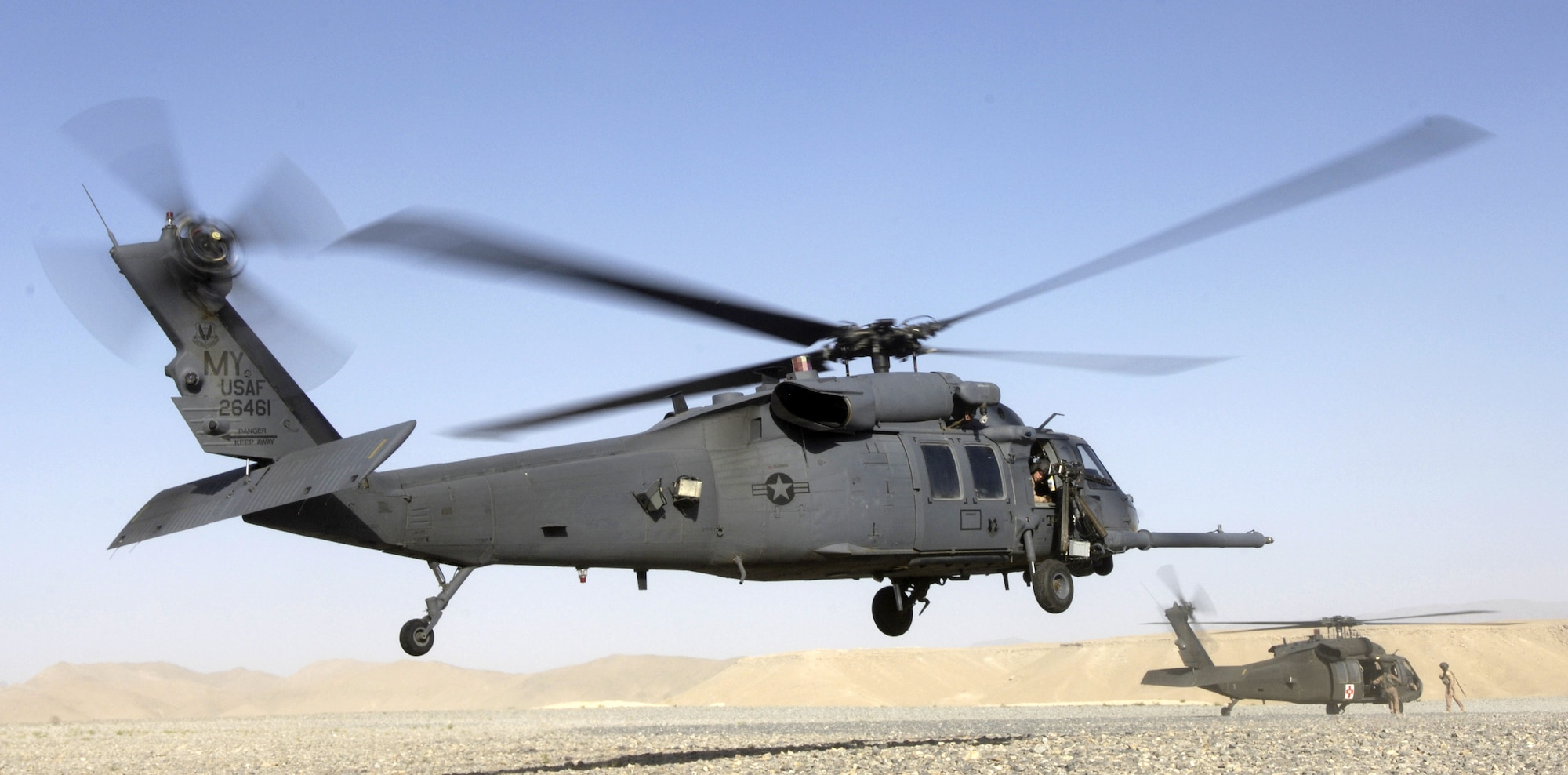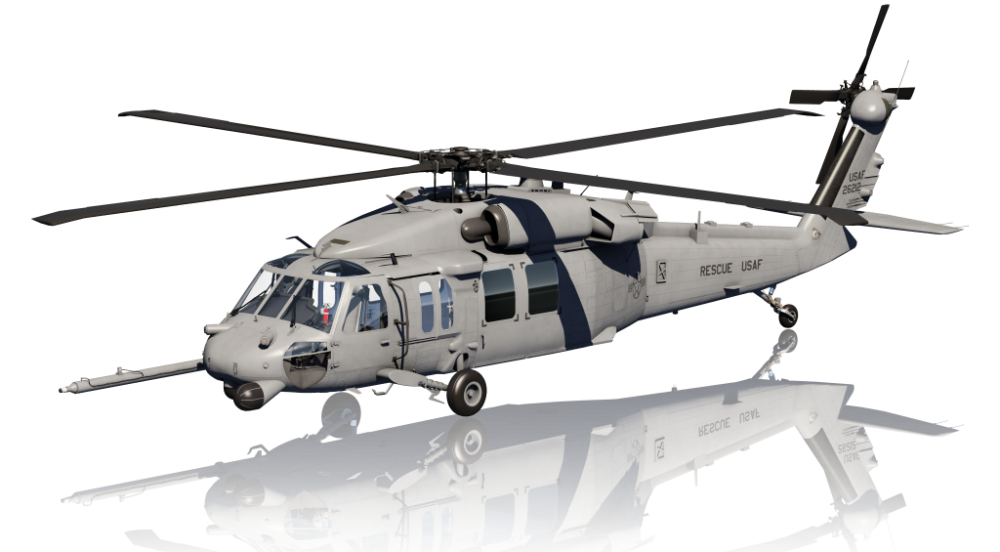The Effect of Sustainable Practices on the Future of Aircraft Operations and Emissions Decrease
As the aviation industry deals with raising analysis over its ecological influence, the adoption of sustainable practices emerges as a critical path towards future aircraft procedures and discharges decrease. Developments in sustainable aeronautics gas and innovations in hybrid propulsion technologies stand at the leading edge of this improvement, appealing considerable decreases in greenhouse gas exhausts.

Review of Lasting Practices
Lasting techniques in aircraft procedures encompass a variety of techniques aimed at reducing ecological impact while keeping functional effectiveness. These methods are vital in the aeronautics sector's commitment to reducing its carbon impact and adhering to worldwide environmental standards. Secret campaigns include optimizing flight courses to reduce fuel usage, improving upkeep methods to ensure aircraft run at peak effectiveness, and applying advanced modern technologies such as winglets and lightweight materials that enhance aerodynamics.

Training and engaging team on sustainability practices also play an important function, promoting a culture of ecological obligation within companies. On the whole, the integration of these sustainable methods not just helps in reducing emissions however likewise enhances the lasting practicality of the aeronautics industry, ensuring it satisfies the needs of both consumers and regulatory bodies while contributing to global sustainability objectives.
Innovative Gas Alternatives
Various ingenious fuel options are becoming essential remedies to minimize the aeronautics market's dependence on typical nonrenewable fuel sources. Among these alternatives, Lasting Air travel Gas (SAFs) have gotten significant interest due to their potential to lower lifecycle greenhouse gas exhausts by approximately 80% contrasted to standard jet gas. SAFs are acquired from different feedstocks, including waste oils, farming residues, and also algae, making them a versatile alternative for the industry.
One more encouraging choice is hydrogen gas, which, when used in fuel cells, creates only water vapor as a result. This zero-emission potential presents a considerable possibility for decarbonizing flight procedures, especially for short-haul flights and regional airplane. In addition, electric propulsion systems are being discovered, leveraging battery innovation to power aircraft. While existing battery capability limits range and payload, recurring developments may soon provide electrical trips sensible for details applications - uh 60.
Finally, biofuels acquired from biomass are being investigated, using a sustainable alternative that can be mixed with typical fuels. Jointly, these innovative fuel alternatives stand for a critical step towards accomplishing a sustainable aeronautics ecological community, aligning with international discharges decrease targets and improving the market's ecological stewardship.
Technical Improvements in Aeronautics

Exactly how can technical innovations reshape the future of air travel? Developments such as hybrid and electrical propulsion systems are at the leading edge, appealing substantial decreases in gas intake and greenhouse gas discharges.
Additionally, the execution of advanced products, such as lightweight composites, adds to enhanced the rules of aerodynamics and fuel performance. The usage of expert system and device understanding in trip procedures optimizes path planning and decreases gas shed by web making it possible for real-time modifications based on climate and web traffic problems. In addition, the advancement of self-governing and remotely piloted aircraft systems stands to revolutionize freight and guest transport, potentially enhancing efficiency while minimizing human mistake.
In addition, lasting aeronautics modern technologies, consisting of innovative air web traffic management systems, can simplify procedures and reduce blockage, causing reduced emissions during flight. These developments jointly stand for a paradigm change in aeronautics, guaranteeing a future where sustainability and operational efficiency are intertwined, thus sustaining the sector's dedication to reducing its environmental impact.

Governing Framework and Conformity
Because of the expanding focus on environmental stewardship within the aviation market, the governing structure regulating aircraft operations is evolving to promote sustainable practices. Regulative bodies, such as the International Civil Aeronautics Company (ICAO) and various national aviation authorities, are introducing strict guidelines targeted at minimizing exhausts and enhancing functional effectiveness.
These policies commonly include the fostering of Lasting Aviation Gas (SAF), which has been identified as an essential component in achieving reduced carbon impacts. Conformity with these regulations needs airlines to implement operational techniques and advanced innovations, such as optimized trip courses and improved air website traffic management, to reduce gas consumption.
In addition, the enforcement of exhausts trading schemes and carbon offsetting efforts is becoming increasingly widespread, compelling airline companies to keep track of and report their discharges properly. Non-compliance can lead to significant penalties, therefore pushing drivers to focus on sustainability in their company models.
Ultimately, the evolving regulative landscape not just drives development and financial investment in eco-friendly innovations yet additionally fosters a society of responsibility within the air travel market. As these structures remain to develop, the concentrate on sustainable methods will be essential to attaining the field's lasting environmental goals.
Future Trends in Airplane Operations
As the aeronautics industry adapts to an increasingly strict regulative atmosphere, future fads in airplane procedures are established to concentrate on cutting-edge solutions that further improve sustainability his comment is here and effectiveness - uh 60. Key growths will likely consist of the fostering of advanced air website traffic monitoring systems, which make use of real-time information and expert system to enhance trip paths, lowering fuel consumption and discharges
Another significant trend is the raised combination of sustainable aviation gas (SAFs) These options to standard jet gas, originated from eco-friendly resources, can considerably reduce lifecycle greenhouse gas exhausts. The market's dedication to SAFs will likely increase as airline companies team up with gas manufacturers to make sure availability and cost-effectiveness.
Additionally, the push towards electrification and hybrid propulsion systems is acquiring energy. Emerging aircraft layouts will certainly incorporate these modern technologies, supplying quieter and more effective operations, especially for short-haul trips.
Verdict
The adoption of lasting aviation gas, coupled with innovations in hybrid and electrical propulsion systems, is important for minimizing lifecycle greenhouse gas emissions. Maximizing flight courses and embracing cutting-edge modern technologies add to a quieter and more ecologically pleasant air travel market.
Developments in lasting aviation gas and advancements in crossbreed propulsion modern technologies stand at the leading edge of this change, appealing significant reductions in greenhouse gas emissions.Various ingenious fuel alternatives are emerging as crucial services to reduce the air travel sector's reliance on Website standard fossil fuels - uh 60. Amongst these choices, Sustainable Aviation Gas (SAFs) have actually obtained substantial focus due to their possible to reduce lifecycle greenhouse gas exhausts by up to 80% compared to traditional jet gas.An additional substantial pattern is the boosted combination of sustainable aeronautics fuels (SAFs) The adoption of lasting aeronautics gas, combined with innovations in electric and hybrid propulsion systems, is necessary for minimizing lifecycle greenhouse gas discharges